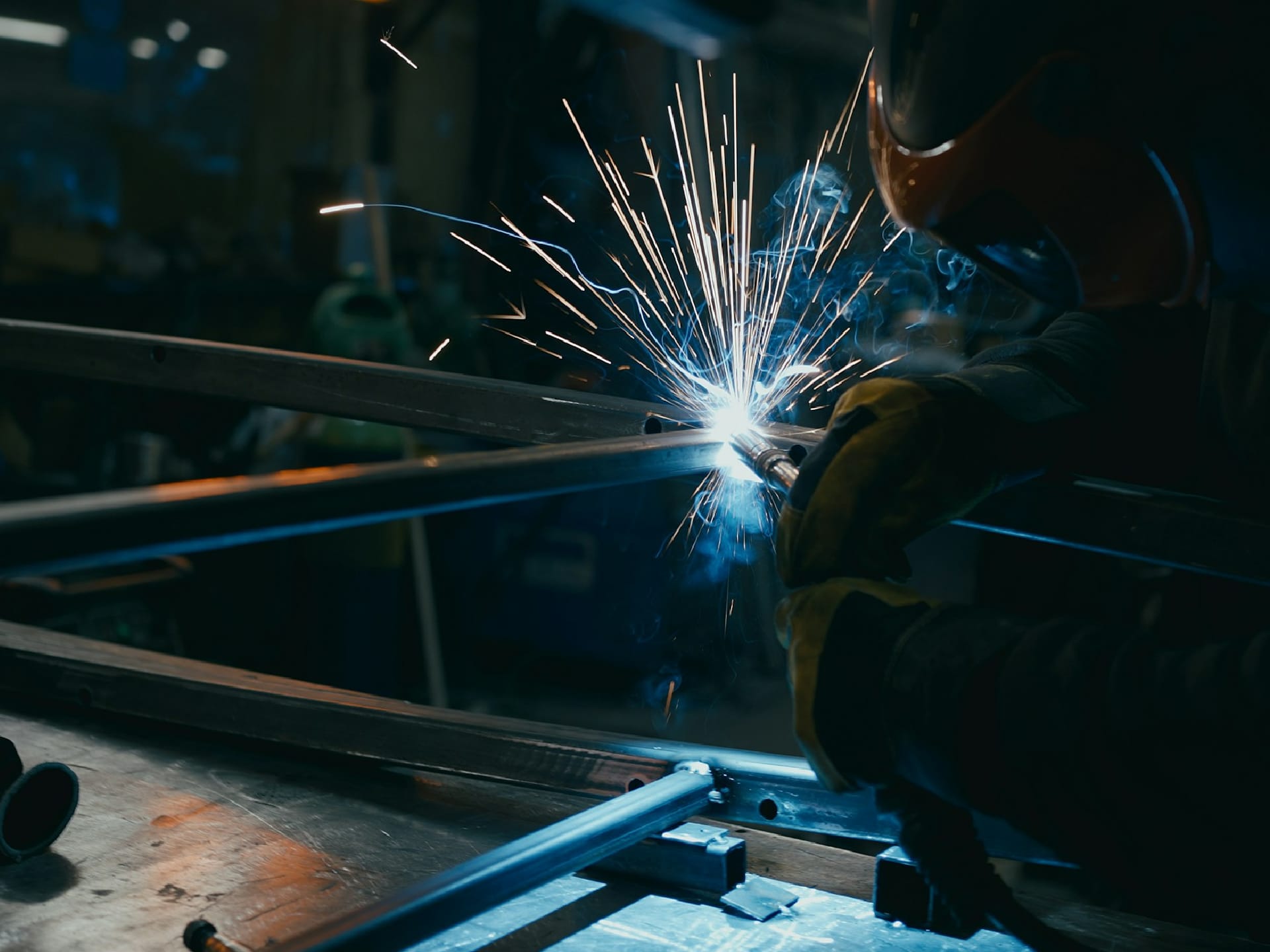Jan. 13, 2025 |
5 W Main: Japan in the American Century. Earlier this month, U.S. President Joe Biden blocked Nippon Steel’s US$14.9 billion acquisition of U.S. Steel, overruling opposition within both his team and the U.S. government more broadly. The Committee on Foreign Investment in the U.S. (CFIUS), which vets cross-border mergers for national security risks, couldn’t reach a consensus: The Treasury, Defense, and State Departments were reportedly satisfied that the takeover posed no prohibitive risks, but both the U.S. Trade Representative and the Energy Secretary raised objections. Now the two companies are suing the United States government in a bid to overturn Biden’s veto. Why the controversy?
Both Biden and President-Elect Donald Trump see political value in retaining manufacturing in America. Deindustrialization has struck American steel towns hard: American steel mills employ 84,000 workers today, compared with 190,000 in the late 1980s. No president wants to endanger those remaining jobs, but here, both companies are claiming that Biden’s political considerations have outweighed true national-security interests in the CFIUS review.
The question of whether the takeover poses national-security risks—in a broad sense that includes long-term economic security—rests on how reliant it’ll make America on imported steel. The United States currently imports roughly three-fourths of its steel—mainly from Canada, Mexico, and Brazil—and has seven primary steel plants, of which U.S. Steel owns three.
Both companies have also sued David McCall, the president of the United Steelworkers (USW), for allegedly “preventing the transaction.” Thousands of steelworkers expressed their support for Nippon Steel’s takeover, fearing that their legacy steel mills might close without significant new investment. Nippon Steel has promised to invest $2.7 billion in modernized plants and equipment, $1 billion of that in Mon Valley, Pennsylvania, which is more than U.S. Steel says it can invest on its own. The USW, however, says Nippon’s promises won’t be legally enforceable. What’s more, Nippon insisted on a force majeure clause which could potentially have voided its investment promises in the case of labor strikes.
Another consideration that’s weighed on the minds of American officials is Washington’s relationship with Tokyo, which lobbied vigorously if ineffectually in favor of the takeover. As Kenneth B. Pyle explores in Japan in the American Century, Japan has gone in just a couple of decades from more or less passively relying on the United States to actively partnering with it on near-equal footing. Today, it’s not only the top foreign investor in the U.S. but the foremost counterweight to China in the Western Pacific region. Tokyo may feel spurned by Biden’s veto, but its relationship with Washington is deep and unlikely to break over a single dispute—even one with this level of investment at stake.
—Gustav Jönsson

